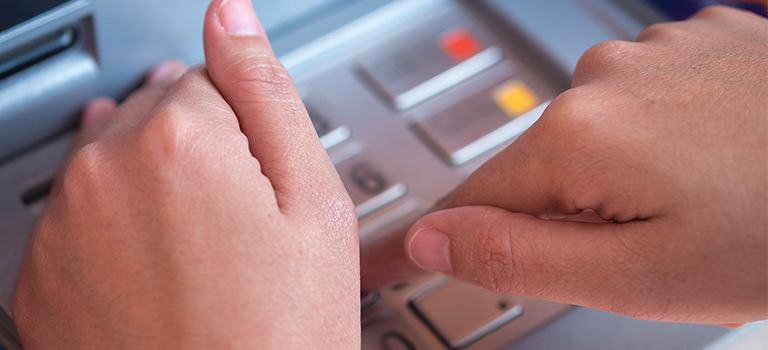What are Card Skimmers?
Mechanisms referred to as “card skimmers” have been a major threat to data security in recent years. These devices enable thieves to withdraw information from the magnetic strip of your card when its casually used at an ATM or store. As the trend grows, the devices become more sophisticated. Banks, law enforcement, ATM manufacturers and others involved devise ways to prevent this method of counterfeiting.
Changing with the Times
According to the U.S. Secret Service, malicious actors steal more than $1 billion each year from U.S. market consumers. With the popularity of credit/debit card fraud rising, the intuitive nature of these criminals has been on display. New models of card skimmers, which are now referred to as “shimmers” are even more complex and illusive. Shimmers are paper thin and virtually undetectable devices located deep inside the card reader of the ATM, rearing us almost defenseless.
Chips Vs. Strips
Another factor that affects card skimmers is the change in credit card technology. As you have most likely noticed, more and more banks issue cards that are rely on the indented chip. This is in contrast to sliding with the magnetic strip. This EMV chip has proven more difficult for thieves to read but not impossible. Paper thin shimmers have been found with their own microchip and flash drive that can intercept your information such as card number, pin number, etc. EMV chips are much more difficult to duplicate, however the information being uploaded from the chip is damaging enough. Armed with this information criminals are able to make a duplicate magnetic strip and start spending your money.
Life is a gamble
Unfortunately there is no guarantee for protection against these crimes. This day and age we are simply gambling with our information every time we use our card, whether its at an ATM, gas pump, or handing our card off to a waitress to pay our dinner bill. Many employees have apprehended handheld card skimmers in restaurants. However, you can take measures to better your odds:
- Avoid private ATMs
- Act as if someone is directly behind you when entering your PIN
- Check the slot. Check for any evidence of tampering.
- Use payment methods that differ from swiping (i.e. Apple pay)
- Vigilance is key
- Never procrastinate. Card skimmers rely on inaction. A fraudulent transaction reported within two days has different rule applications with banks opposed to a transaction reported once your statement has been provided. If reported later on, you could be held responsible for the first $500 withdrawn fraudulently from your account.
Tags: ATM, Card Fraud, Card Skimmer, Credit Card, Cybersecurity, EMV Chips, Identity Theft, Shimmer, Threat


